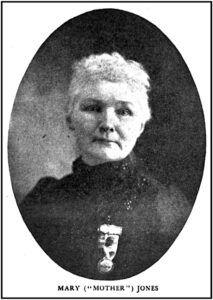Prominently placed in the October 28th issue of The Journal is a long review of “Organized Labor,” the recently released book by Mr. Mitchell. The review takes up a full column of the front page and about a quarter of a second column, and contains a surprising amount of praise for the labor leader, if not for all of his ideas:
Mr. John Mitchell, president of the united mine workers of America, has published a book entitled “Organized Labor.” It is interesting, first because its subject is now uppermost in the attention of the public, and secondly, because its author has within a year loomed large in the public eye, by reason of the great anthracite coal miners’ strike of 1902. Mr. Mitchell’s book, therefore, deserves more than the merely perfunctory and passing notices which it has received in the press generally.
It is on the whole well written, temperate in its criticisms, moderate in its claims, and fair in its general judgments. Conservatism is very much the keynote throughout, and the work as a whole serves to strengthen the opinion formed by most fair minded people after the coal strike that Mr. Mitchell may be counted among the ablest most responsible, and most far-sighted of the labor leaders in power to-day. His book is in the main a plea for the principles of trade unionism….
[Emphasis added.]
The Journal then goes on to list Mr. Mitchell’s principles of trade unionism as:
1) Trade unionism seeks to represent the interest of the working class, the workingman should identify his union with his class, and the working man owes duties to his class just as to his country.
2) Trade unionism stands for collective bargaining and is opposed to the individual contract.
3) Trade unionism seeks to secure a “definite minimum standard of wages, hours and conditions of work” for all workers in any given trade.
4) Trade unionism demands equal rights with employers “in determining how, when, with whom, at what time, and under what conditions work shall be carried on.”
5) “The trade unions..have nothing which is not free to all, which may not be shared by any and every capable workman.”
6) Trade unionism seeks to enforce the union shop in order to protect the union contract. (Or, as The Journal put it, trade unionism seeks “the monopolization of work for union men by enforcing the union shop..”)
7) Trade unionism seeks permanent industrial peace by means of trade agreements (the union contract.)
The Journal supports the right of the workingman to organized and bargain collectively, but is greatly troubled that allegiance to class should be valued as highly by a worker as allegiance to country, and calls this idea “a deep and dangerous fallacy.” The Journal also takes a stand against the “union shop,” failing to understand that without a “union shop,” the union contract that they so laud as leading to industrial peace, cannot be enforced.
The review ends with this recommendation:
While we totally disagree with Mr. Mitchell on the points discussed above, we can safely recommend his book to those who desire to inform themselves respecting the whole question. If we have in any way misrepresented his position we regret it heartily. We are fully as anxious to understand him as he is to be understood.
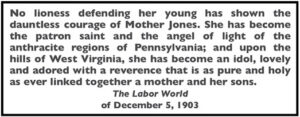 —————
—————
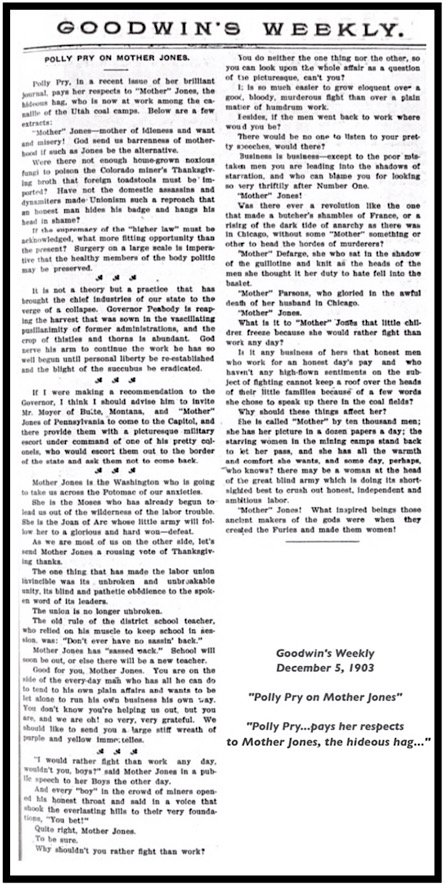

 —————
—————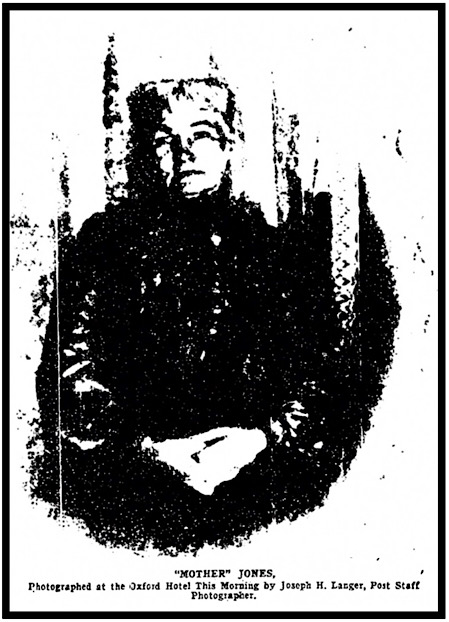
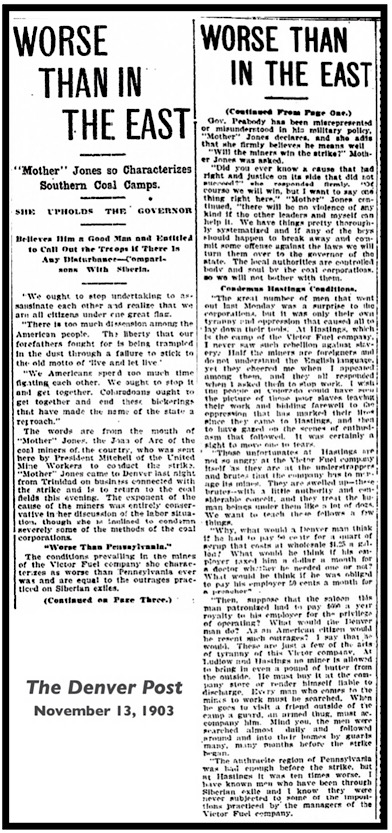
 —————
—————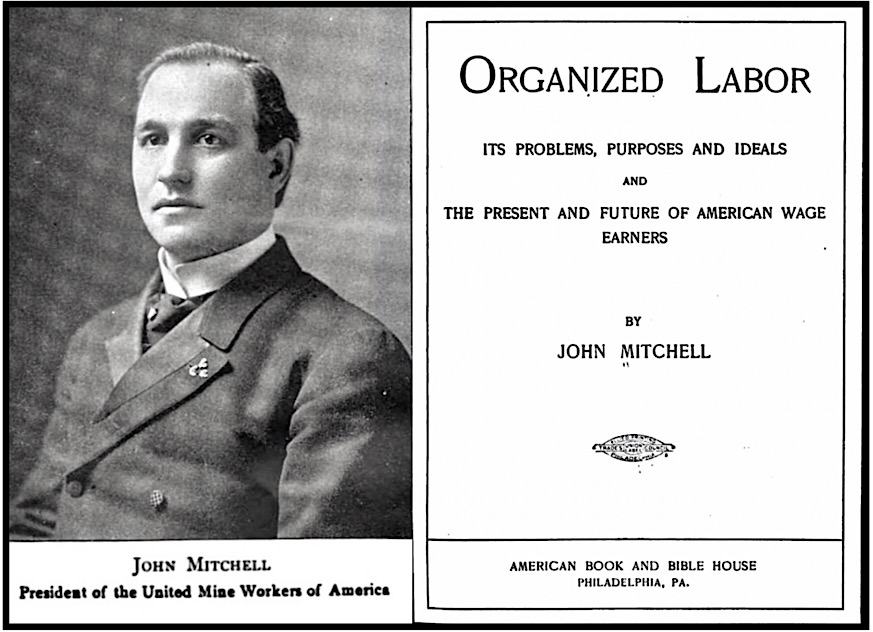
 —————
—————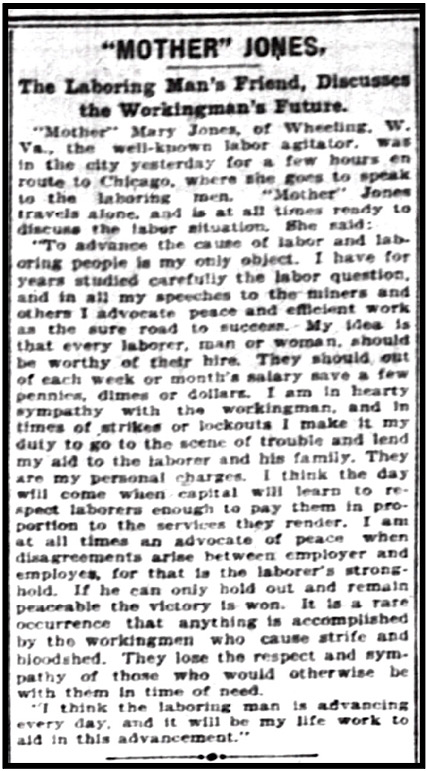
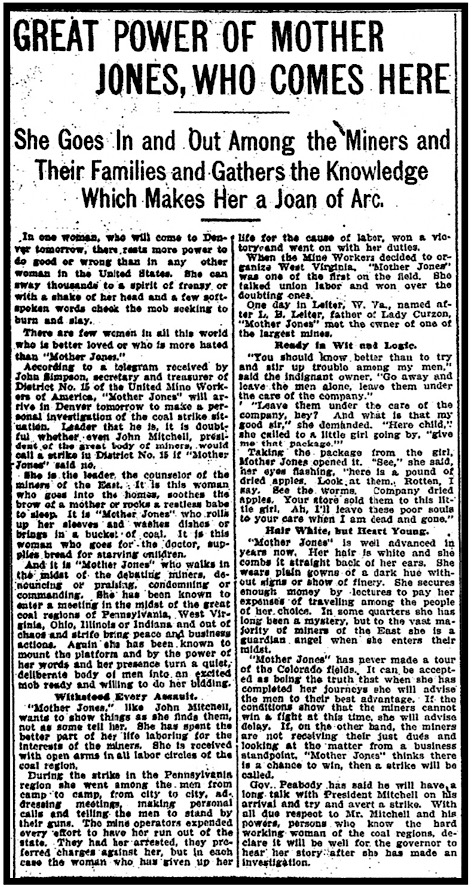
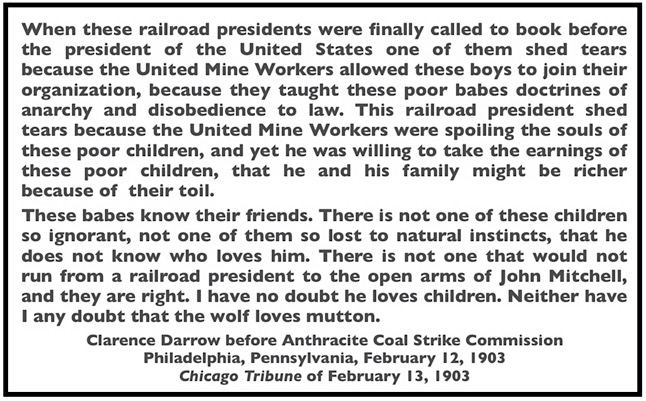 —————
—————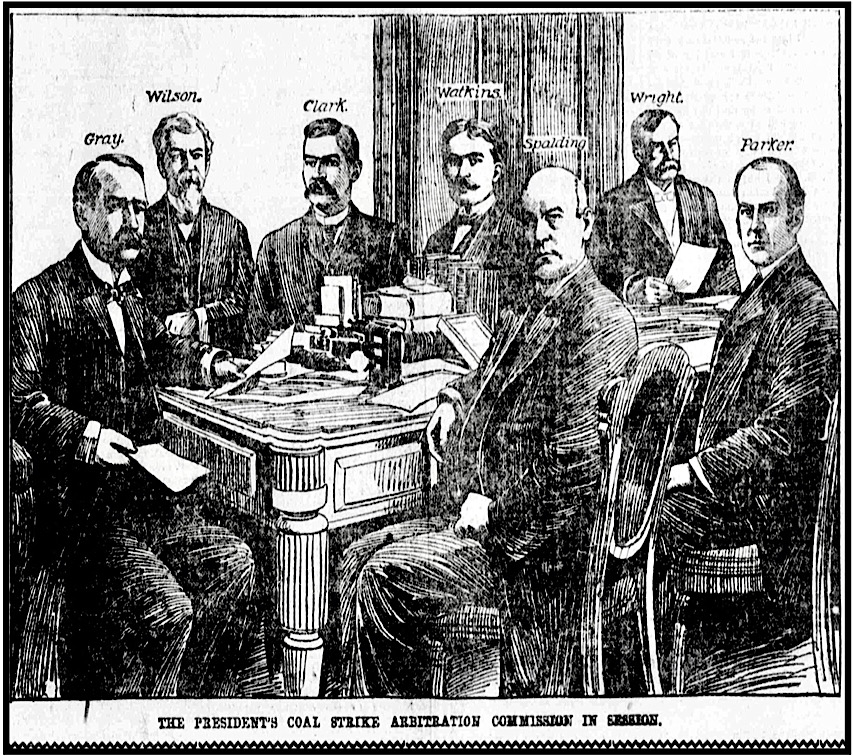
 —————
—————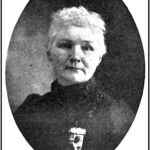
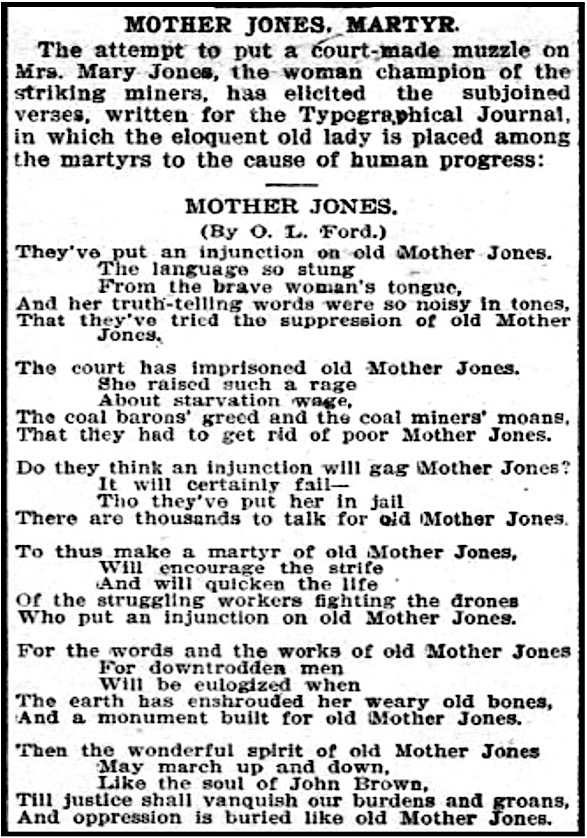
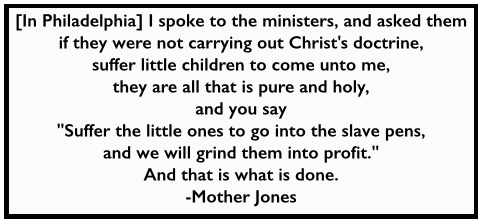 —————
—————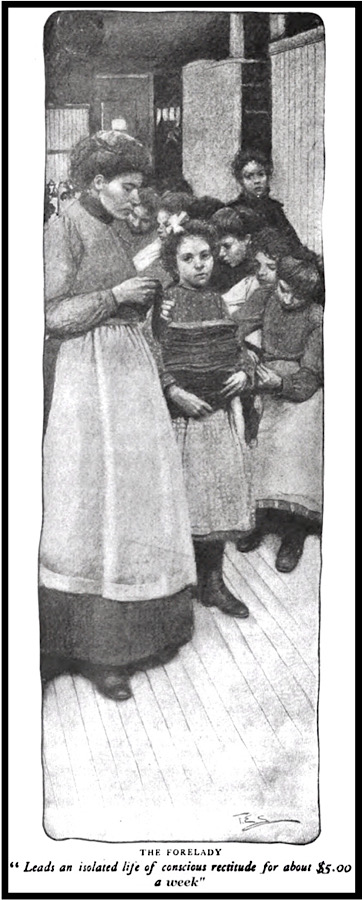
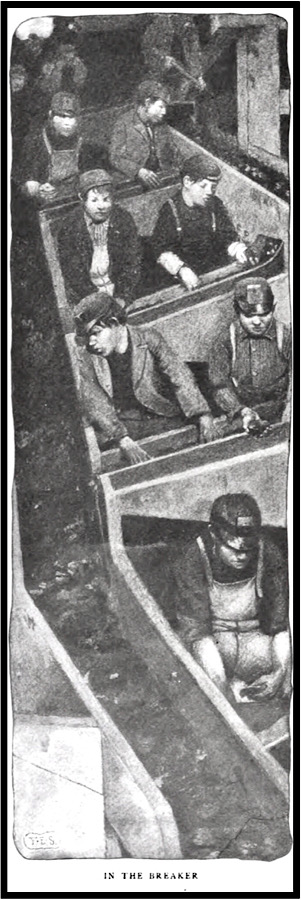
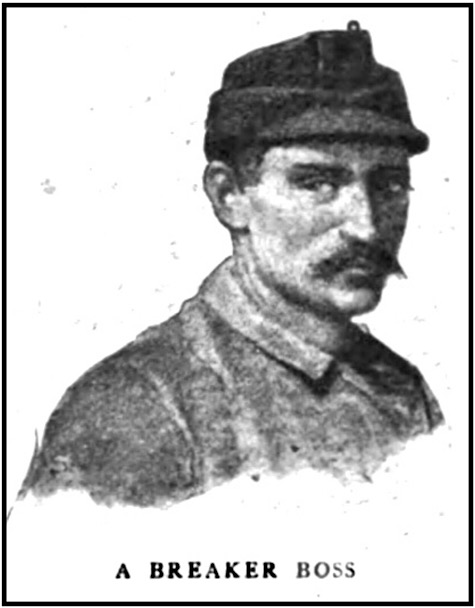
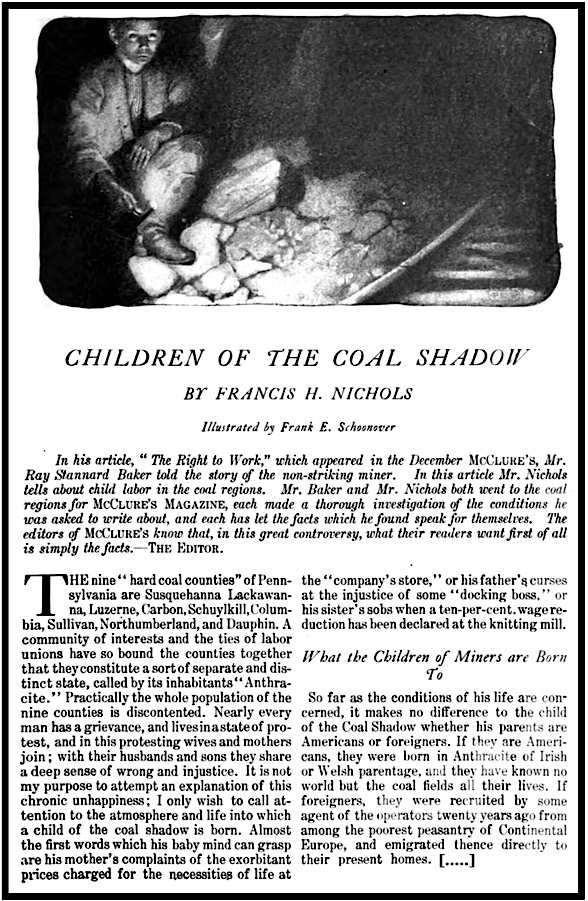
 —————
—————